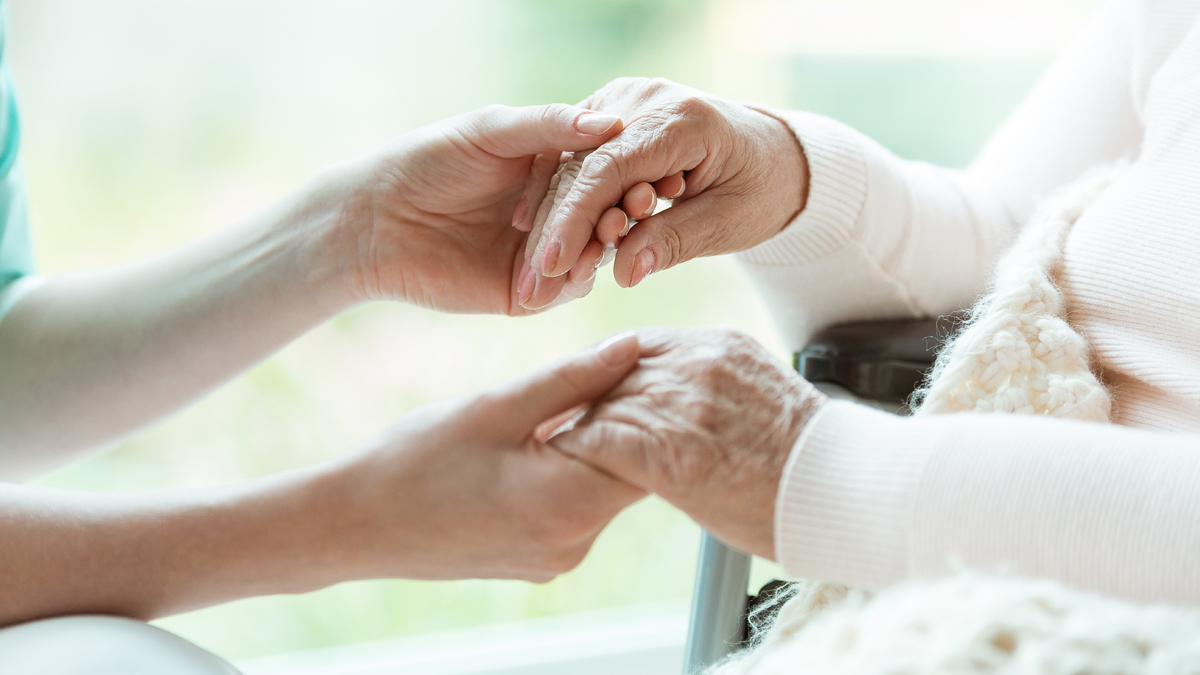“I wish we would have contacted hospice sooner.” That is the most common statement that Anderson’s PruittHealth Hospice Administrator Lynn Brooks hears from families.
Hospice is necessary when a patient is diagnosed with an incurable illness, such as heart disease, cardiopulmonary disease, Alzheimer’s, Parkinson’s, renal failure or stroke and is given less than six months to live. More often than not, people utilize hospice for their family members in the days or weeks before death, rather than months.
“We can do so much for the patient if we are called upon earlier on,” Brooks explained. “Not only for the patient, but for the caregiver and family as well.”
PruittHealth Hospice offers at-home care by clinicians and pain management treatments for patients. This service can be administered at a private home, nursing home or senior living community.
The hospice team of professionals called upon to aid in care consists of nurses, nurse practitioners, doctors, social workers, volunteers, chaplains and certified nurse aides.
“Our goal is to make them comfortable by helping to control the symptoms and to provide pain management,” Brooks said. “We also provide emotional, psychosocial and spiritual support to patients and their families.”
And, because the symptoms are being managed by a team of professionals and caregivers are receiving help and resources, Brooks said patients will sometimes live longer, giving the family more time with their loved one.
Brooks admitted that sometimes it is the family or patient that has to bring up the topic of hospice with their doctor.
“Once hospice kicks in, there is so much relief on the caregiver. Why not do it earlier in the process? It increases the quality of life for the patient and their caregiver almost immediately,” she said.
She continued, “I think that sometimes these patients are seeing so many doctors that instead of multiple doctors bringing up hospice, none of them are and that is why the patient and their family have to be advocates for themselves.”
Brooks added that every patient is unique and that hospice will look different for everyone.
“It is hard to define what exactly we do because we customize what hospice is for the individual. But once a patient and their family feel that they will benefit from it, they should have a conversation with a doctor and get evaluated. However, there is no obligation or physician order necessary to begin the conversation. Someone from our office is always available 24 hours a day, seven days a week.”
Brooks loves what she does and feels honored to work in this field.
“It is rewarding to work together as a team with other health care professionals and to be there for the patient and their loved ones during this extremely important and delicate time of life,” she said.
Medicare Part A pays for hospice costs, but Brooks said patients need not shy away due to finances. She said that hospice can be either partially covered or covered completely by private insurance, charity or through the Veterans Administration.
In addition to clinical visits and 24/7 availability, additional hospice benefits include coverage of medications, durable medical equipment and supplies, pet therapy and a specialized program for veterans.
“It’s a tremendous benefit to have hospice come and aid in the end-of-life experience,” Brooks concluded. “I advise everyone to utilize this service but to utilize it sooner, rather than later.”
For more information on PruittHealth Hospice, or if you are interested in volunteering, please call 864-226-1219 or visit www.pruitthealth.com.
By Theresa Stratford
